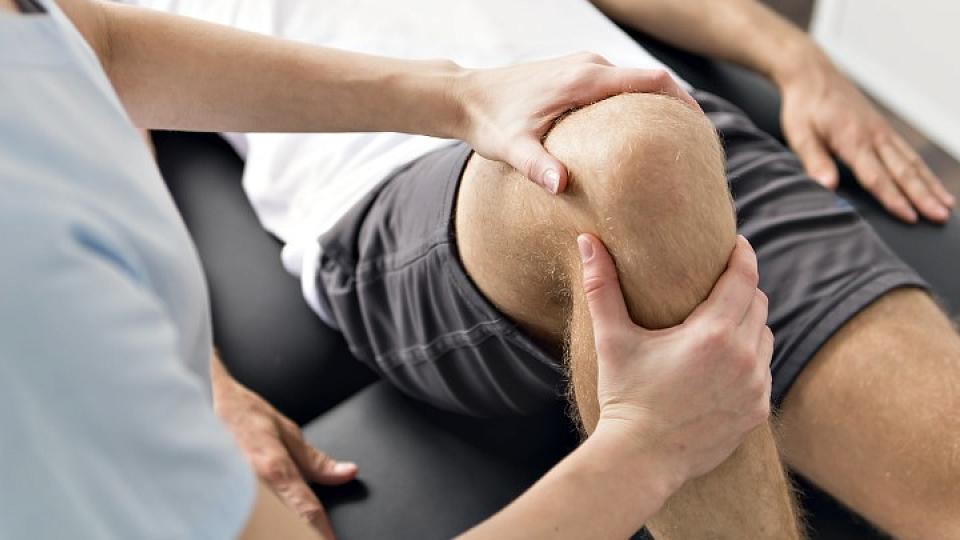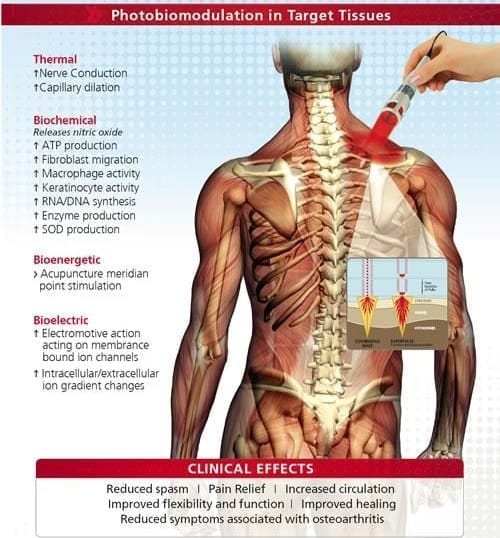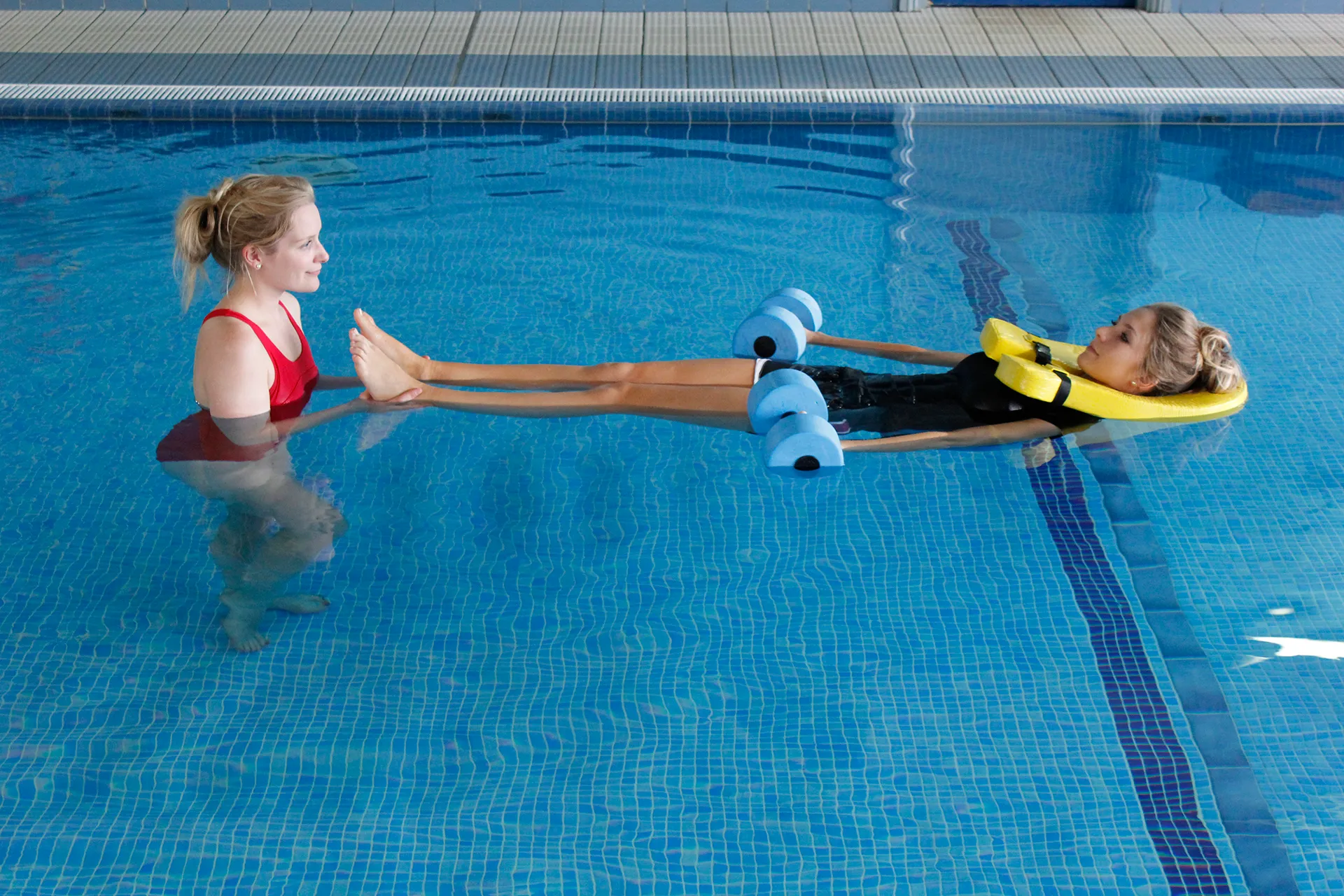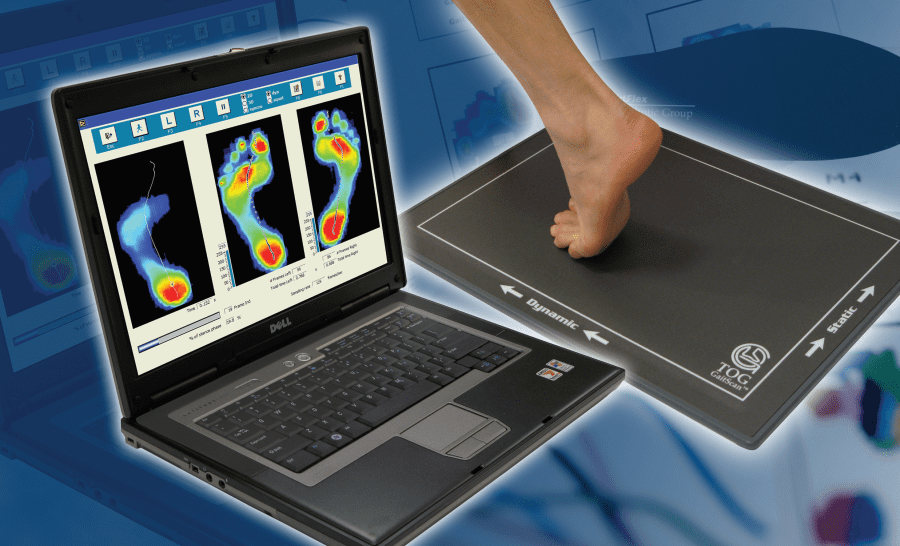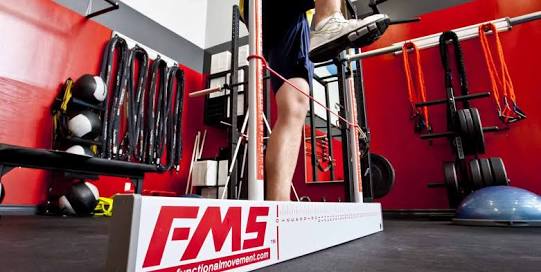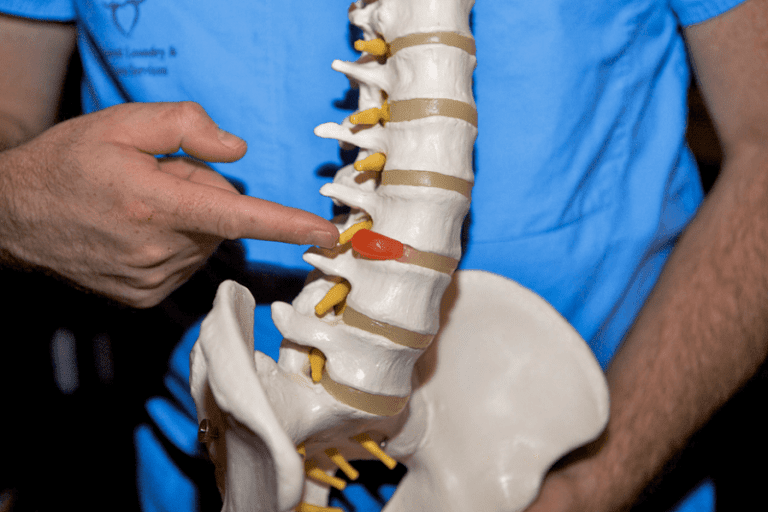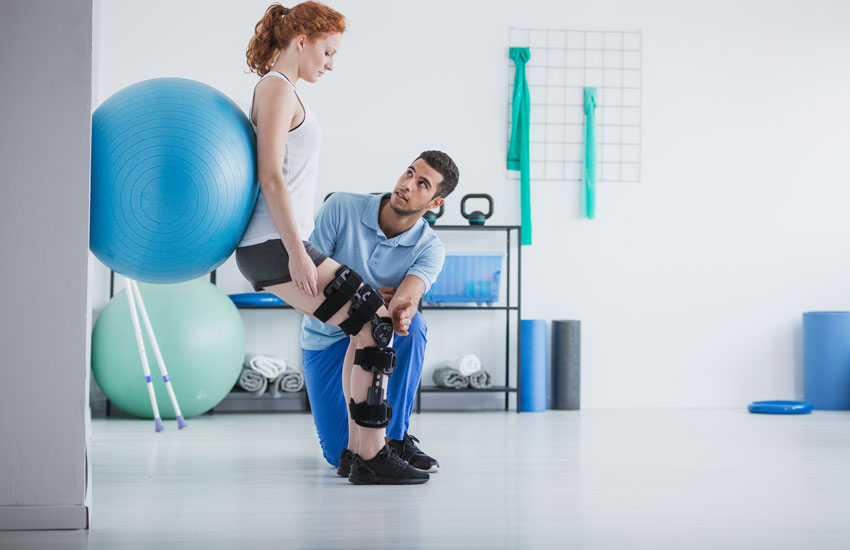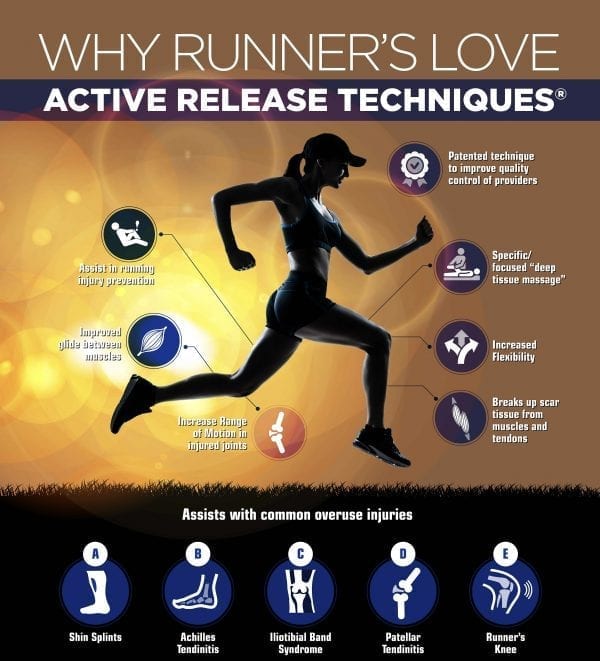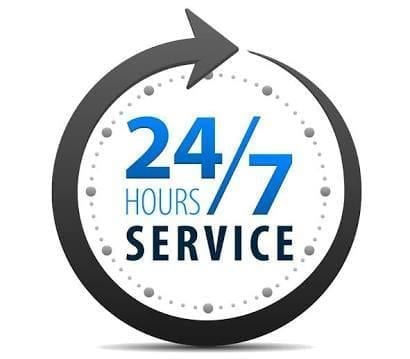Therapeutic Fitness & Exercise Therapy in Sydney
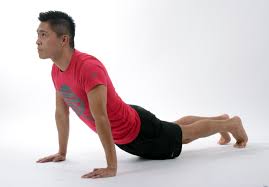
At New Age Physiotherapy, we understand how important it is to stay active and independent as you get older. That’s why we offer personalised exercise therapy in Sydney, designed specifically for older adults. As we age, it’s normal to experience changes like stiff joints, reduced strength or feeling out of breath more easily. While some changes — like greying hair or skin texture — are just a natural part of getting older, others can be managed or even improved with the right kind of movement. Our experienced team creates safe, supportive programmes that help you build strength, move more freely and feel more confident in your body every day.

How Does The Body Respond to Exercise Therapy ?
The human body generally responds well to physical exercise and substantial improvements may be anticipated in heart and lung function, muscular strength and endurance, flexibility and one’s ability to respond to stimuli.
Some of the more noticeable changes to exercise may include:
- Increased bone strength;
- Increased physical work capacity (one’s ability to perform physical work);
- Increased joint range of motion or flexibility;
- Improved sense of well being;
- Increased muscular strength;
- Improved glucose regulation (very favourable for diabetics);
- Decreased blood pressure;
- Indeed, exercise can have a profound effect upon older persons with the most “unfit” usually experiencing the greatest benefits.
Integrating Therapeutic Fitness Into Exercise Therapy
At New Age Physiotherapy, we recognise that not all exercise is created equal, especially when it comes to ageing populations or individuals recovering from injury. That’s where therapeutic fitness comes in.
Therapeutic fitness refers to clinically-designed exercise programs tailored to address specific physical limitations, chronic conditions or rehabilitation needs. Unlike general fitness routines, therapeutic fitness focuses on restoring functional capacity, improving movement quality and supporting long-term physical resilience through evidence-based strategies.
For older adults, therapeutic fitness plays a critical role in maintaining independence. It targets key concerns such as reduced mobility, muscle atrophy, joint stiffness and balance issues, factors that significantly increase the risk of falls and hospitalisation. When integrated with physiotherapy, it provides a safe, progressive framework for building strength and confidence in everyday movements.
Key Components of Therapeutic Fitness:
- Individualised exercise prescription
- Supervised, low-risk progression
- Focus on functional strength and joint stability
- Balance and gait training to prevent falls
- Flexibility and mobility restoration
- Cardiovascular conditioning adapted to tolerance levels
What Is Involved With The Exercise Therapy Program
When prescribing exercise, health professionals will usually talk about 3 important factors, namely: intensity, duration and frequency.
How Is Intensity With Exercise Measured?
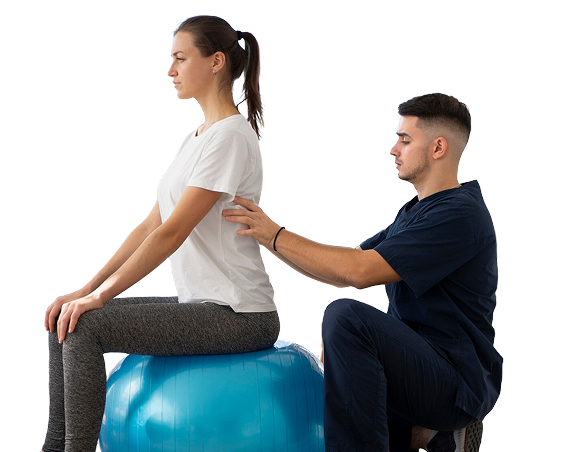
Intensity is usually measured by assessing the heart rate during exercise. The intensity of exercise refers to the amount of effort put into an exercise. As a general rule, the intensity of exercise should not exceed certain limits. If monitoring heart rate use the simple equation – 200 minus your age (in years) to estimate the working heart rate you should remain under.
Of course ‘listening to your own body’ can be just as important and reliable in determining whether or not you are exercising at a sufficient intensity. Accordingly, a feeling of mild fatigue should be your aim immediately following a bout of exercise.

What Is The Duration Of Exercise?
The duration of exercise refers to the actual time spent performing an activity. It is generally accepted that to improve cardiorespiratory or “heart” fitness you should aim to achieve 30 minutes of exercise on most (if not all) days of the week. However, recent studies have shown that favourable “health” benefits can be achieved from as little as 5 minutes continuous exercise, repeated several times per day.
What Is The Frequency Of Exercises?
The frequency of exercise refers to the number of occasions per week that activity should be undertaken. The accepted frequency, in order to achieve cardiorespiratory or “heart” fitness is 3 to 5 sessions per week. However, positive benefits have been shown to occur from as little as 2 sessions per week.
The most important element of exercise prescription is the notion that activity should become a “life-long” habit and not merely a passing “fad”
What Is The Best Practical Advice We Can Give You?
There are certain things you should be aware of before commencing any program of physical activity.
General advice includes the following:
- Contact should be made with your Physiotherapist prior to commencing a program.
- Set short term goals rather than long term aims;
- Take account of existing conditions and choose an appropriate activity that you will enjoy;
- Try to exercise in a group setting and walk in safe areas with a partner, if possible;
- Ease steadily into an exercise program by beginning with low intensity, low frequency activity and proceed slowly;
- Postpone your exercise if you have a temporary illness or when the weather is extremely hot or humid;
- Set aside a specific time of the day to do your exercise;
- Start a regular routine by exercising every other day;
- Stop exercising and consult your Doctor if any of the following occur: nausea, dizziness, breathlessness, tightness in the chest or persistent muscle soreness.
- Avoid any exercise that hurts.
- Movements should be gentle and comfortable.
- Avoid exercises such as deep knee bends and rapid or vigorous turning of the head and neck.
- Observe the adage “No gain when in pain” At our New Age Sydney Physiotherapy, we can help you get on the right track
Take The First Step Toward Safer, Smarter Movement
If you’re ready to improve your strength, mobility and confidence through a personalised, medically-informed approach, our team is here to help. Book a consultation with New Age Physiotherapy by calling us at 02 9606 8258 or emailing at admin@newagephysio.com.au.
Discover how therapeutic fitness can support your recovery, prevent injury and help you move better, at any age. Your journey to better function starts here.
3 decades of experience
Other New Age Physio Service
TPI assessment
Spinal Decompression Therapy
Second Opinion
Radial Extracorporeal Shockwave Therapy
Pregnancy Physiotherapy
Post Operative Physiotherapy
Pilates Austral
Orthotics
New Age Fracture Clinic Austral
Mobile Physiotherapy
MMA Physiotherapy
Massage Therapy
Low Level Laser Therapy
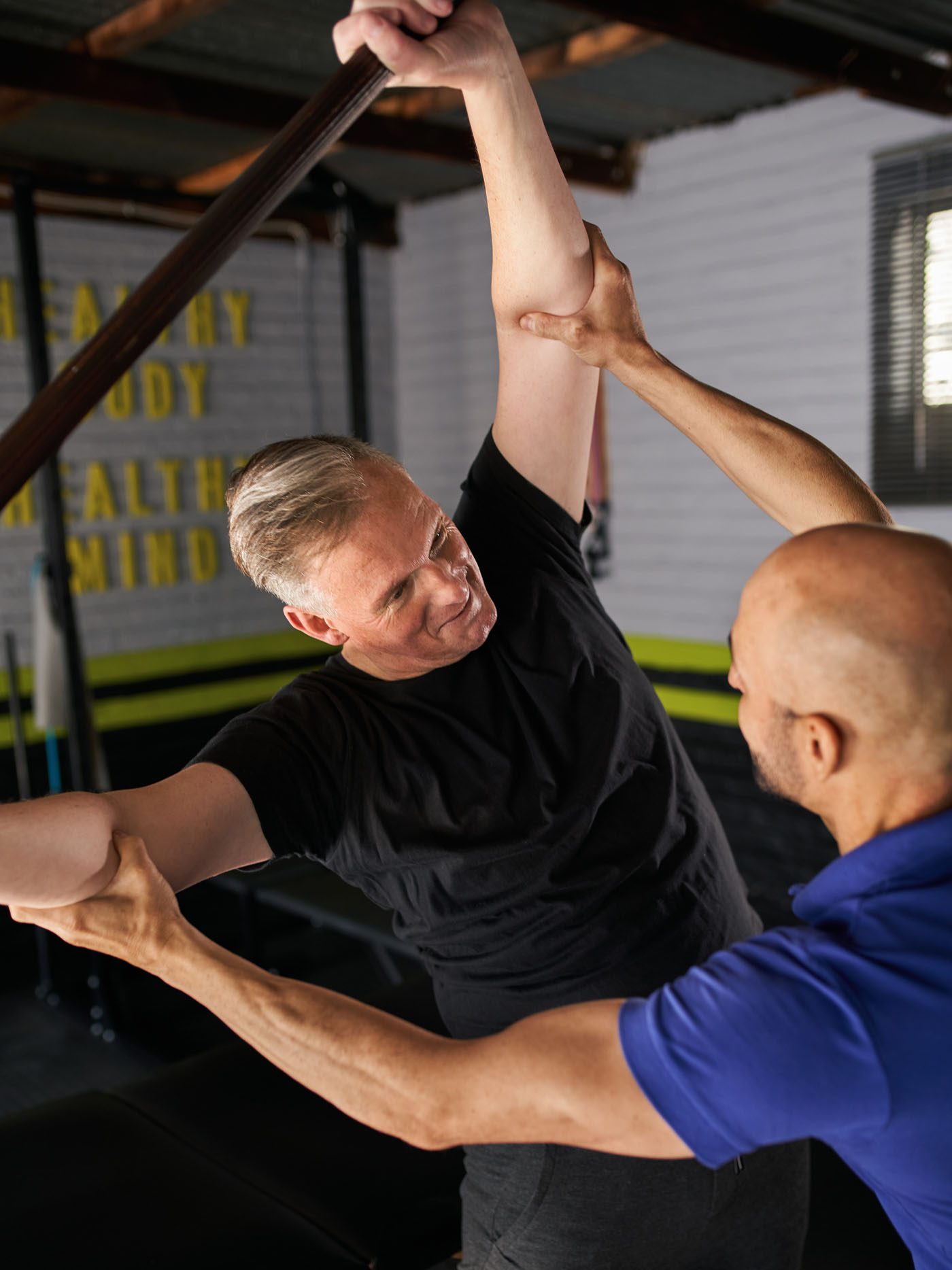
TPI Assessment in Sydney
Unlock your golf performance with a Titleist Performance Institute assessment
Low Level Laser Therapy
Hydrotherapy Services
Gaitscan Analysis
Functional Movement Screening (FMS)
Disc Bulge Physiotherapy
Clinical Pilates Studio
Back Physiotherapy Sydney
All Sports Physiotherapy
After Hours Physiotherapy
Acupuncture & Dry Needling
Active Muscles Release Technique
24/7 Open Austral Emergency Physiotherapy

Get our free ebook on
"The 10 Most effective exercises" for lower back pain today!











